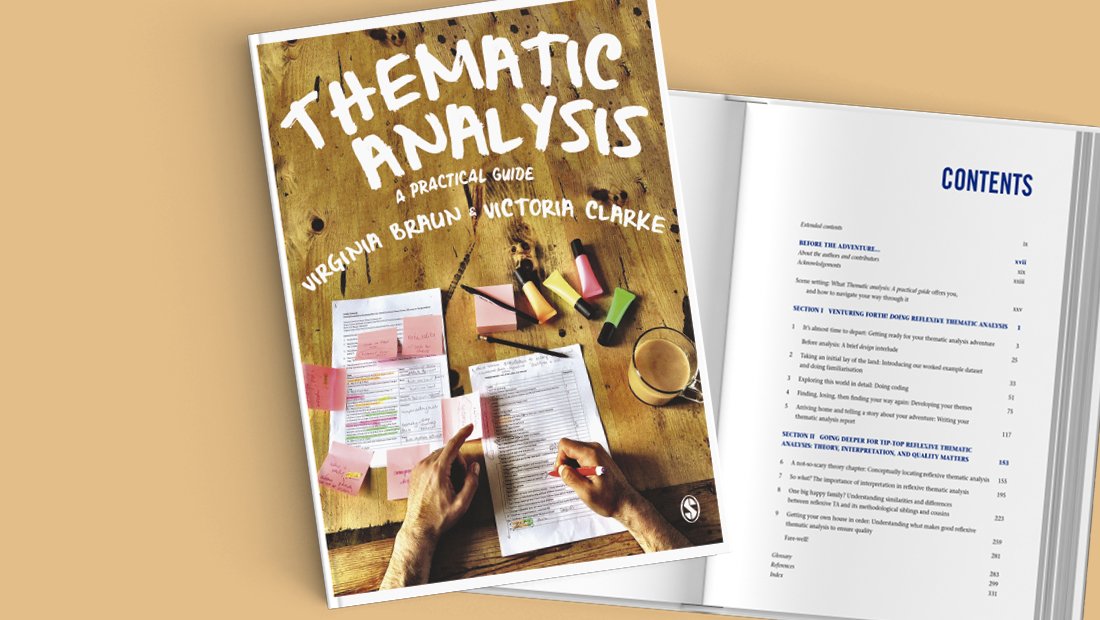Methodspace Top 10 2021
In 2021 we focused on stages of the research journey, offering insights from guidance about research design to practical advice aimed at helping researchers write about their work. We wrap up the year with our Methodspace Top 10 most read posts of 2021.
What is the difference between experimental and non-experimental research design? We look at how non-experimental design distinguishes itself from experimental design and how it can be applied in the research process with open-access examples.
In this webinar, Virginia Braun and Victoria Clarke, celebrate the publication of their new book Thematic Analysis: A Practical Guide. Joined by fellow academics, Nikki Hayfield and Gareth Terry, they answer questions about their work on this groundbreaking new method of qualitative analysis.
Collecting data sometimes involves questioning, prompting, or working with participants to collect or generate data. We interview Katy Wheeler and Bethany Morgan Brett, authors of a book about interview research, about collecting data with interviews.
What is case study methodology? It is unique given one characteristic: case studies draw from more than one data source. In this post find definitions and a collection of multidisciplinary examples.
Ethical research involves much more than a pre-study review or forms to explain how the study adheres to the institution’s rules about protection of human participants. This webinar features a cross-cultural conversation about critical ethics issues in research.
In this part of our phases of research series, we look at how Phenomenology (the reflective study of pre-reflective or lived experience) can be applied and can carry quite different meanings depending on theoretical and practical contexts.







Informed consent is the term given to the agreement between researcher and participant. In this post Janet Salmons offers suggestions about the intersections of the Internet communications, ethics and participants.